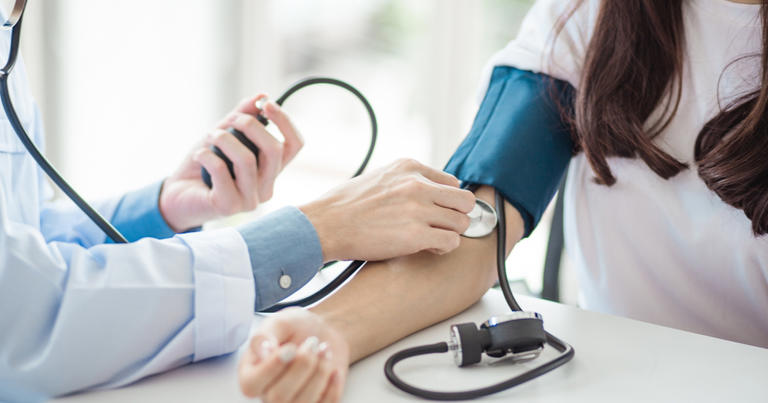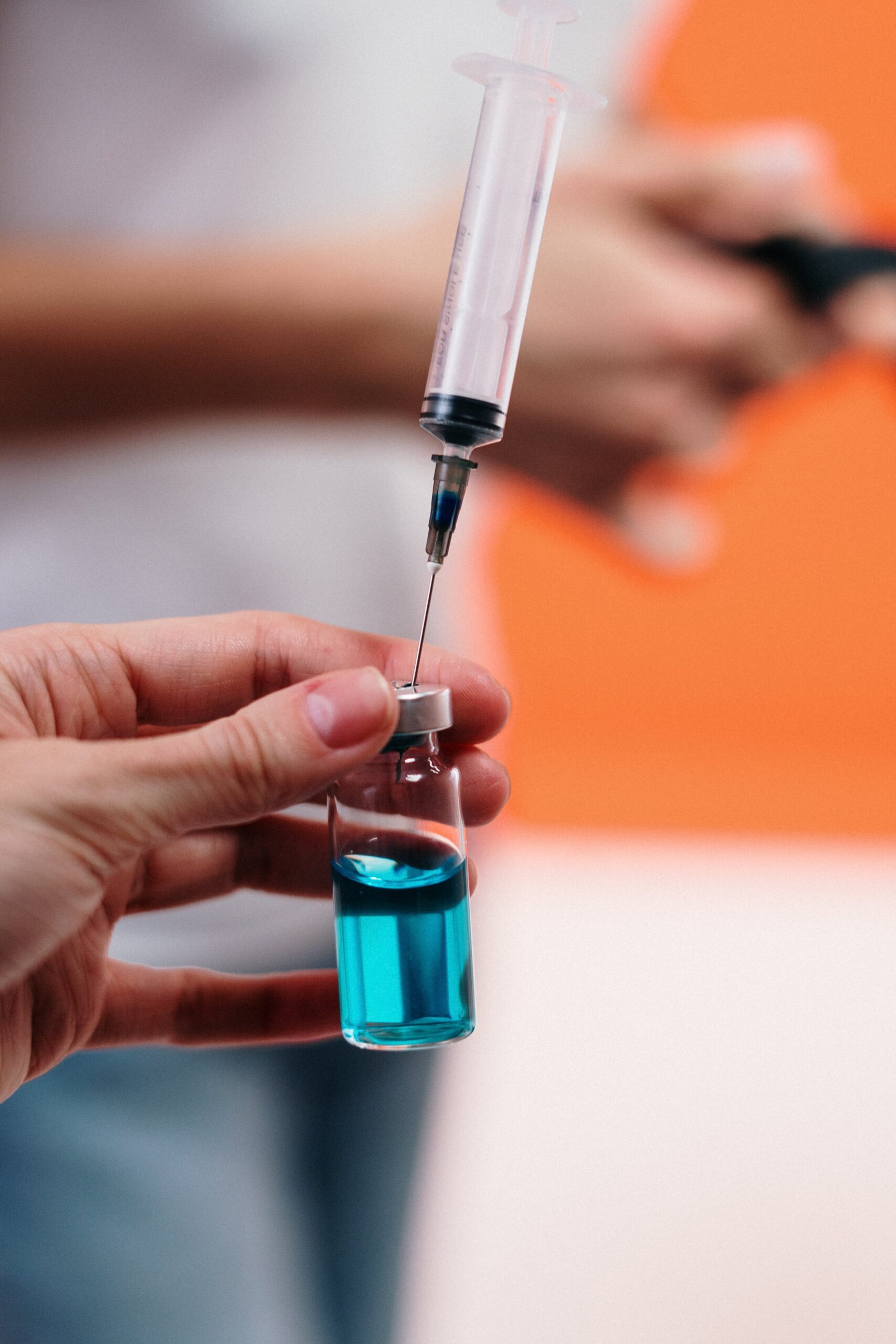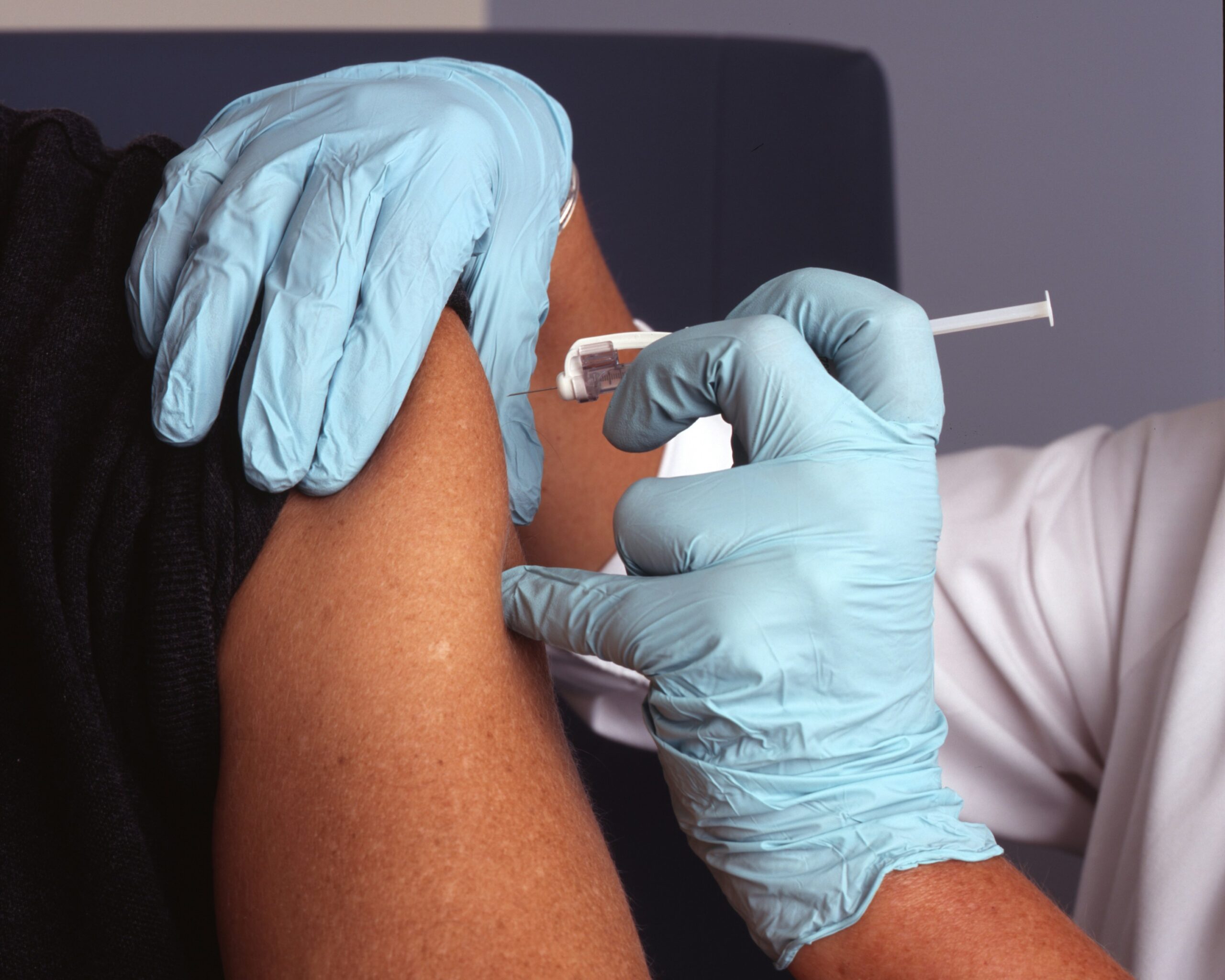Managing Blood Pressure Through Diet: Simple Steps to Lower Hypertension Naturally
Learn how to manage your blood pressure through diet with expert advice from a cardiologist. Discover the best foods to eat and drinks to avoid for maintaining healthy blood pressure levels.
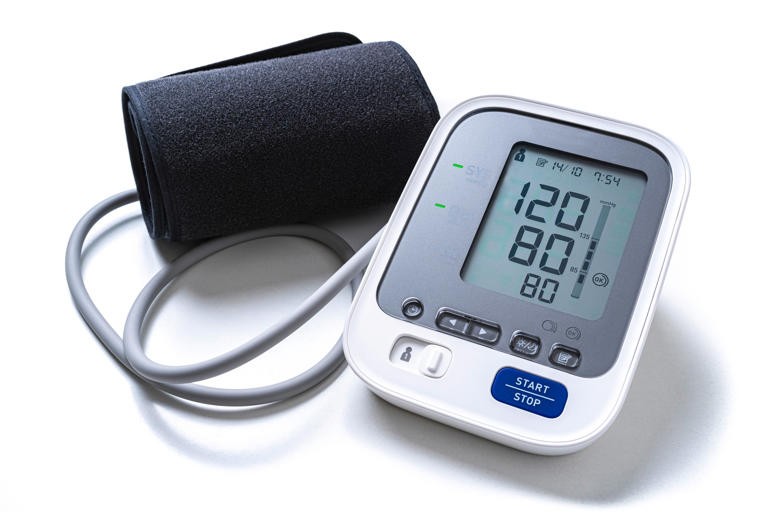
© Getty Images/Science Photo Libra
Blood pressure management through diet
High blood pressure, also known as hypertension, can pose serious health risks, including heart attacks and strokes. But did you know that you can take control of your blood pressure through simple changes in your diet? In this guide, we’ll explore how you can naturally lower your blood pressure by making smart food choices and avoiding certain beverages.
Beans and Lentils: Your Fiber-Packed Allies
A crucial component of a blood pressure-friendly diet is fiber, and beans and lentils are excellent sources of it. Fiber plays a key role in lowering cholesterol levels and promoting a healthy weight, both of which contribute to reducing blood pressure. Adding beans and lentils to your meals is not only nutritious but also delicious – try incorporating them into soups, salads, or stir-fries for a satisfying boost.
Fatty Fish: Harnessing Omega-3s for Inflammation and Blood Pressure
Fatty fish, such as salmon, are rich in omega-3 fats, which have potent anti-inflammatory properties. Inflammation can exacerbate high blood pressure, so including omega-3s in your diet can help to reduce inflammation and lower your blood pressure. Aim to enjoy fatty fish at least twice a week to support optimal heart health.
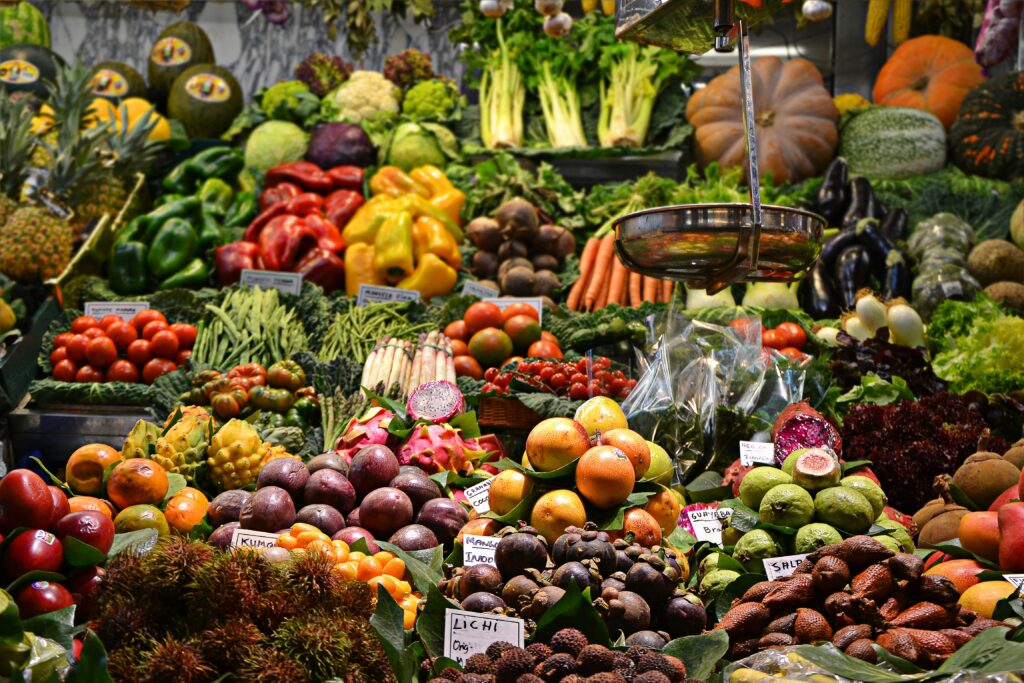
© Getty Images/iStockphoto
Leafy Greens: Potassium and Magnesium for Blood Pressure Regulation
Leafy greens like Swiss chard are packed with essential nutrients such as potassium and magnesium, which play vital roles in regulating blood pressure. Potassium helps to balance sodium levels in the body, while magnesium helps to relax blood vessels and improve blood flow. Increasing your intake of leafy greens is a simple yet effective way to promote healthy blood pressure levels.
Reducing Salt Intake: A Critical Step in Blood Pressure Management
Excessive salt intake is a major contributor to high blood pressure, so reducing your salt intake is crucial for blood pressure management. Be mindful of the salt content in packaged and processed foods, and aim to limit added salt when cooking. Instead, flavor your meals with herbs, spices, and other flavorful ingredients. Keeping your daily salt intake to no more than six grams is essential for maintaining healthy blood pressure levels.

Drinks to Avoid: Alcohol and Sugary Fizzy Drinks
Managing blood pressure isn’t just about what you eat – it’s also about what you drink. Moderate to heavy alcohol consumption can raise blood pressure, so it’s important to monitor your alcohol intake. Aim to limit alcohol consumption to no more than one drink per day for women and two drinks per day for men.
Sugary fizzy drinks are another culprit when it comes to high blood pressure. These beverages are loaded with sugar, which can contribute to weight gain and insulin resistance, both of which are risk factors for hypertension. Opt for water instead, which is always a healthy choice for staying hydrated.
Monitoring Your Blood Pressure
Regular blood pressure monitoring is essential for identifying and managing hypertension. High blood pressure is typically defined as a reading of 140/90 millimeters of mercury (mmHg) or higher. If you’re over the age of 80, a reading of 150/90 mmHg or higher may indicate high blood pressure. Be sure to schedule regular check-ups with your healthcare provider to keep tabs on your blood pressure and make any necessary adjustments to your diet and lifestyle.
In conclusion, managing your blood pressure through diet is a practical and natural way to lower your risk of hypertension. By incorporating fiber-rich foods like beans and lentils, omega-3-rich fatty fish, and potassium and magnesium-packed leafy greens into your meals, you can support healthy blood pressure levels and reduce your risk of heart disease and other complications. Remember to also be mindful of your salt intake and avoid excessive alcohol and sugary fizzy drinks. With these simple dietary changes, you can take charge of your blood pressure and enhance your overall health and well-being.
ALSO READ:
Whooping Cough Outbreak 2024: 5 Shocking Facts You Need to Know
